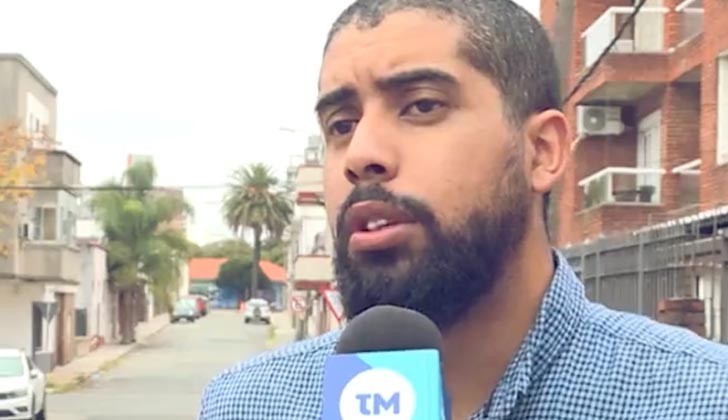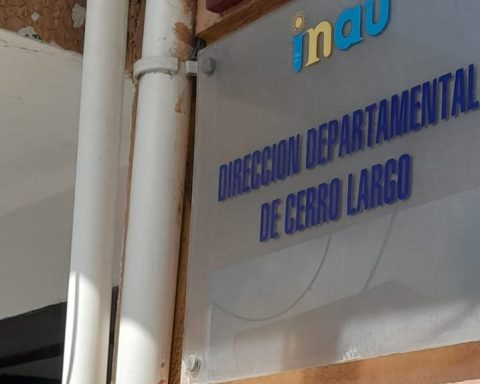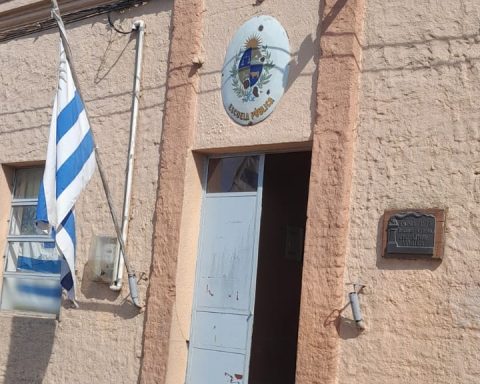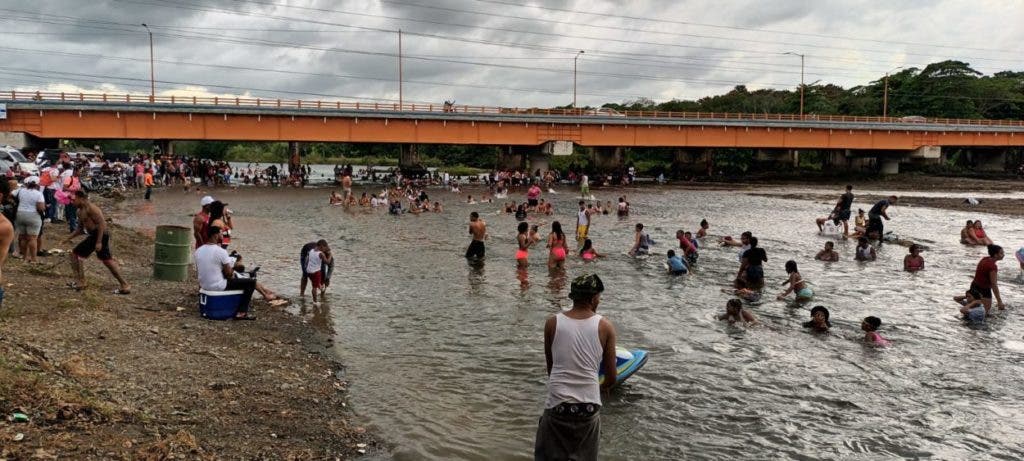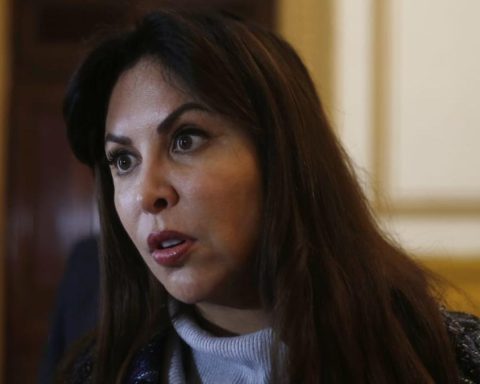
A few days ago, Cabildo Abierto presented a bill to Parliament that provides prison sentences for prosecutors who intentionally “criminally pursue someone who is not guilty, hide evidence from any of the parties or fail to comply with the obligation to investigate.”
The initiative that is being studied by the Constitution and Legislation Commission of the Senate, proposes penalties for judges who “knowingly dictate an unfair resolution.” Through the project it is established that “the prosecutor who intentionally criminally persecutes a non-culprit, or a person who does not correspond to a criminal sanction, will be punished with a sentence of 18 months in prison to seven years in prison, a fine of 60 UR to 12,000 UR and special disqualification from three to seven years”.
On Monday, April 11, the Attorney General of the Nation, Juan Gómez, described the Open Council Bill as “unpresentable” because it “criminalizes the activity of prosecutors.”
Inter-American Commission on Human Rights
For his part, the president of the Association of Fiscal Magistrates of Uruguay, Willian Rosa, told Telemundo 12 that the reason for a project that has a “meaningless” text is not understood.
“If the prosecutors act in a case they can be subjected to criminal responsibility, and if they do not act they can also be subjected to criminal responsibility,” he questioned.
“There is a permanent affront to the task of the prosecutors from the creation of a noise around the work and from being permanently in the eye of the storm for issues that do not fully refer to what the prosecutors do. Taking a case and saying that the prosecutor acted badly does not reflect the thousands and thousands of cases that prosecutors develop every day, ”he sentenced.
He added that the Prosecutor’s Office is carrying out a task that the legislator imposed in the new Criminal Procedure Code.
He explained that when faced with a complaint, the prosecutors begin an investigation at that moment, it is not known whether the person or persons under investigation are guilty or not and then the judges sentence because it is established in the Law; and if they make a mistake, there are legal mechanisms established to correct this situation, for example: through the higher courts or the Supreme Court of Justice.
It should be “analyzed if the situation proposed to punish judges and prosecutors can be seen or analyzed by an international organization whose purpose is the custody of these fundamental situations for democracy, such as the independence of public ministries and the judiciary.”
Rosa told Telemundo 12 that they do not rule out presenting the case before the Inter-American Commission on Human Rights.
